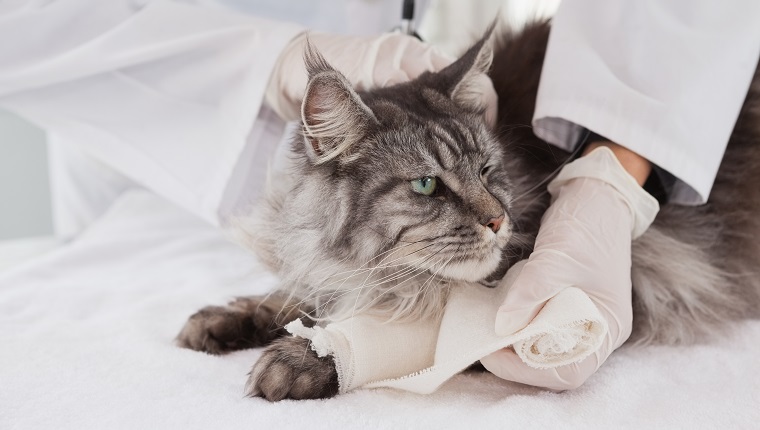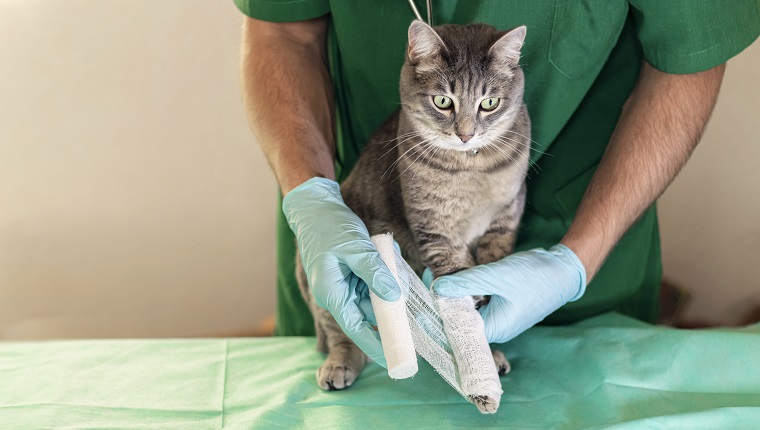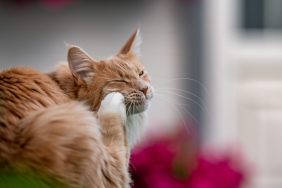Clotting deficiency in cats is a medical condition that involves a cat’s blood being unable to clot when needed. In normal circumstances, blood thickens and clots to help seal up wounds, but that doesn’t happen when a cat suffers from this deficiency.
Cats who develop this condition can also go on to suffer from blood loss anemia and even internal hemorrhaging. In many cases, it is an inherited condition.
If you see signs that your feline suffers from blood clotting issues, then you must consult your veterinarian for a proper diagnosis and treatment. Here’s what you should know about the symptoms, causes, and treatments of clotting deficiency in cats.
Symptoms Of Clotting Deficiency In Cats
Clotting deficiency in cats mainly produces the symptom of bleeding that does not stop.
Some of the other symptoms that might arise due to subsequent internal bleeding and blood loss anemia include:
- Shortness of breath
- Drinking more water than usual
- Compulsive eating
- Blood present in stools
- Irregular heartbeat
- Vomiting (with blood)
- Acting lethargic and weaker than usual
Causes Of Clotting Deficiency In Cats

Clotting deficiency in cats can often be classified as hereditary.
Some of the other non-inherited causes include:
- Ingesting rat poison
- Being bitten by a snake
- Vitamin K deficiency
- Long-term use of antibiotics
Veterinary Treatments
If you start to worry that your kitty is developing clotting deficiency, your veterinarian will want to carry out a number of blood tests. They’ll also analyze and evaluate the ability of your cat’s blood to clot effectively.
When it comes to treatment, the severity of the condition usually guides the course of action. In extreme cases, cats may require stay in the animal hospital so they can undergo a blood transfusion.
In a lot of cases, adding vitamin K supplements to your kitty’s diet can help redress clotting issues. As always, if your vet recommends adding any supplements to your cat’s diet, ensure that you follow the dosage and frequency instructions precisely.
In general, cats who have suffered from clotting issues should keep up regular appointments with their vets so they can monitor their blood health and recovery.
Does your cat suffer from a clotting deficiency? How does your vet recommend that you manage the condition? Tell us all about it in the comments below.









